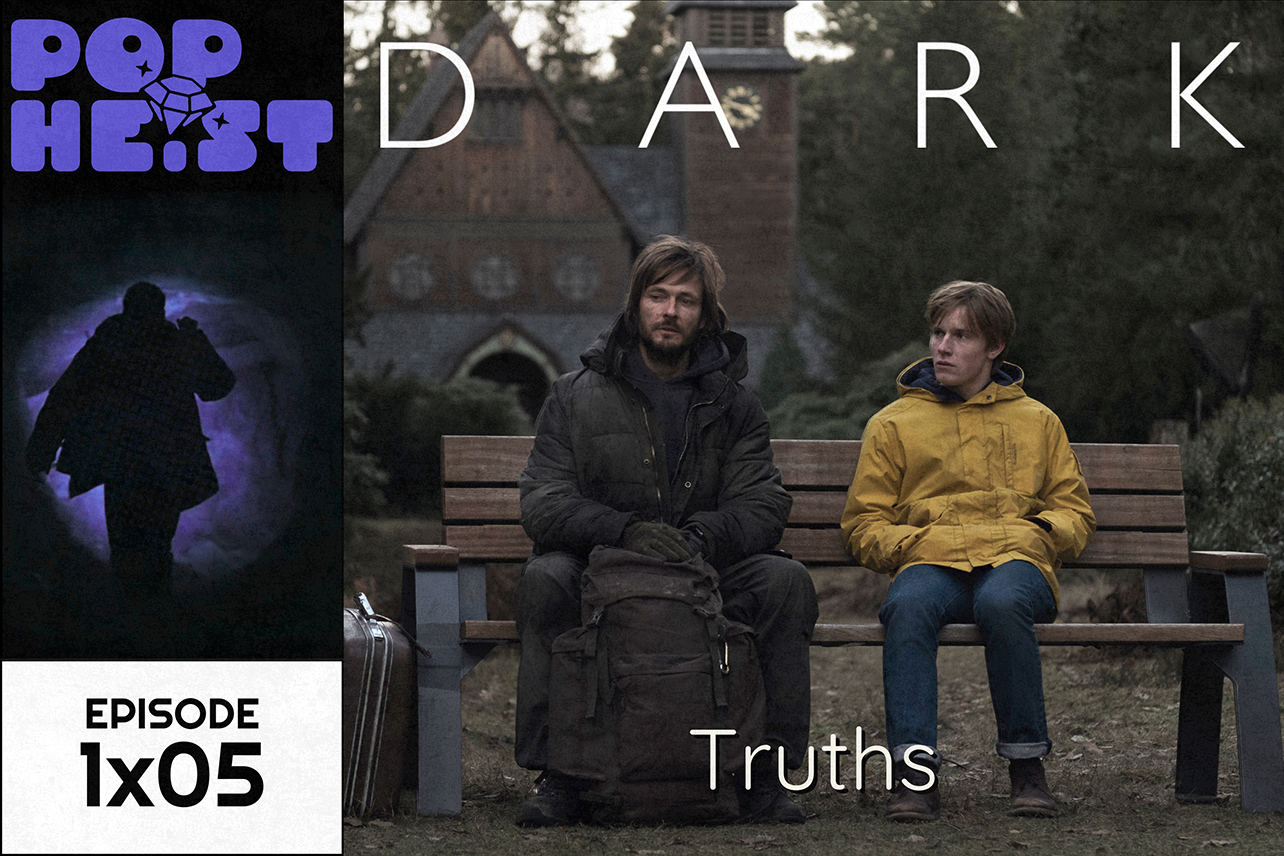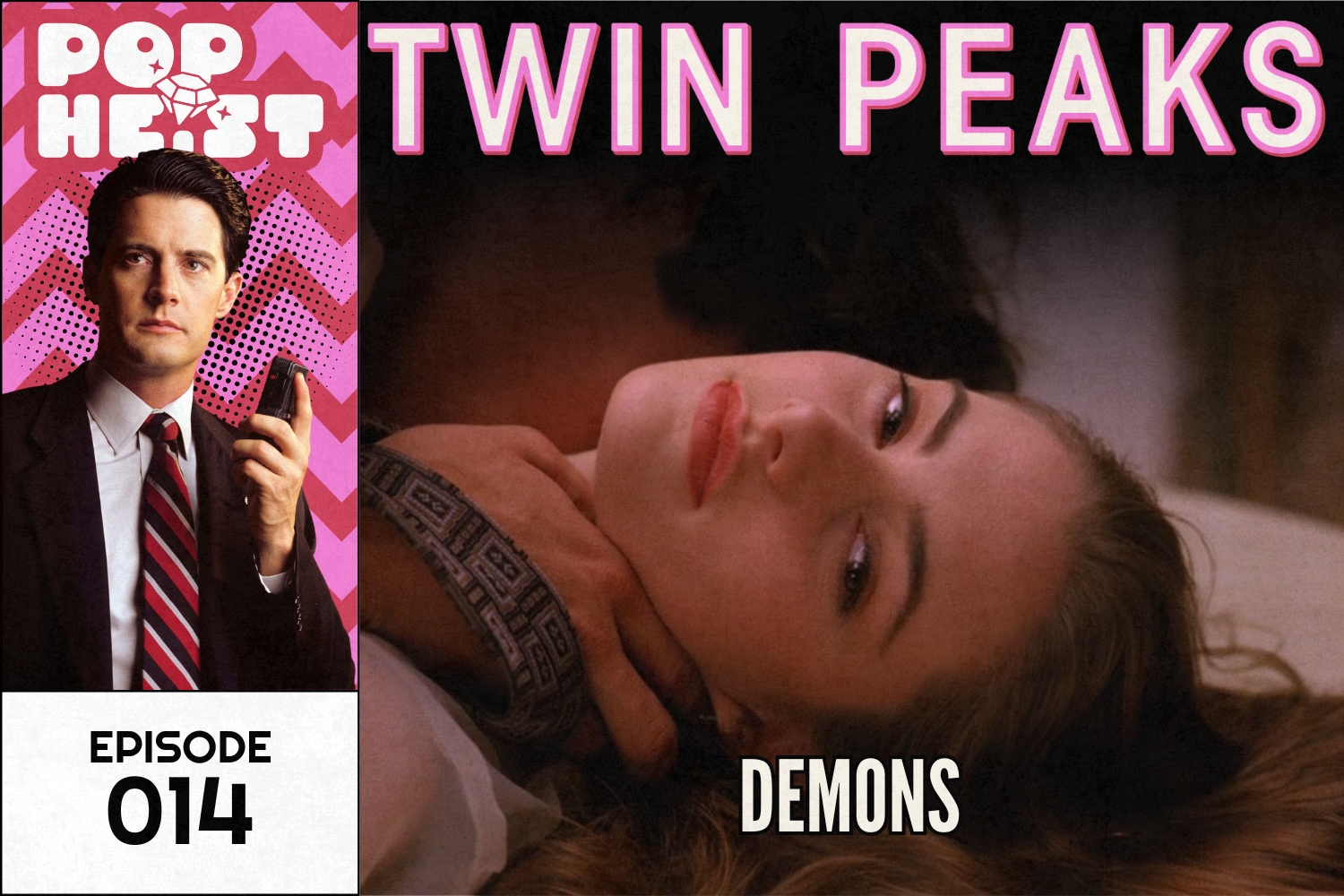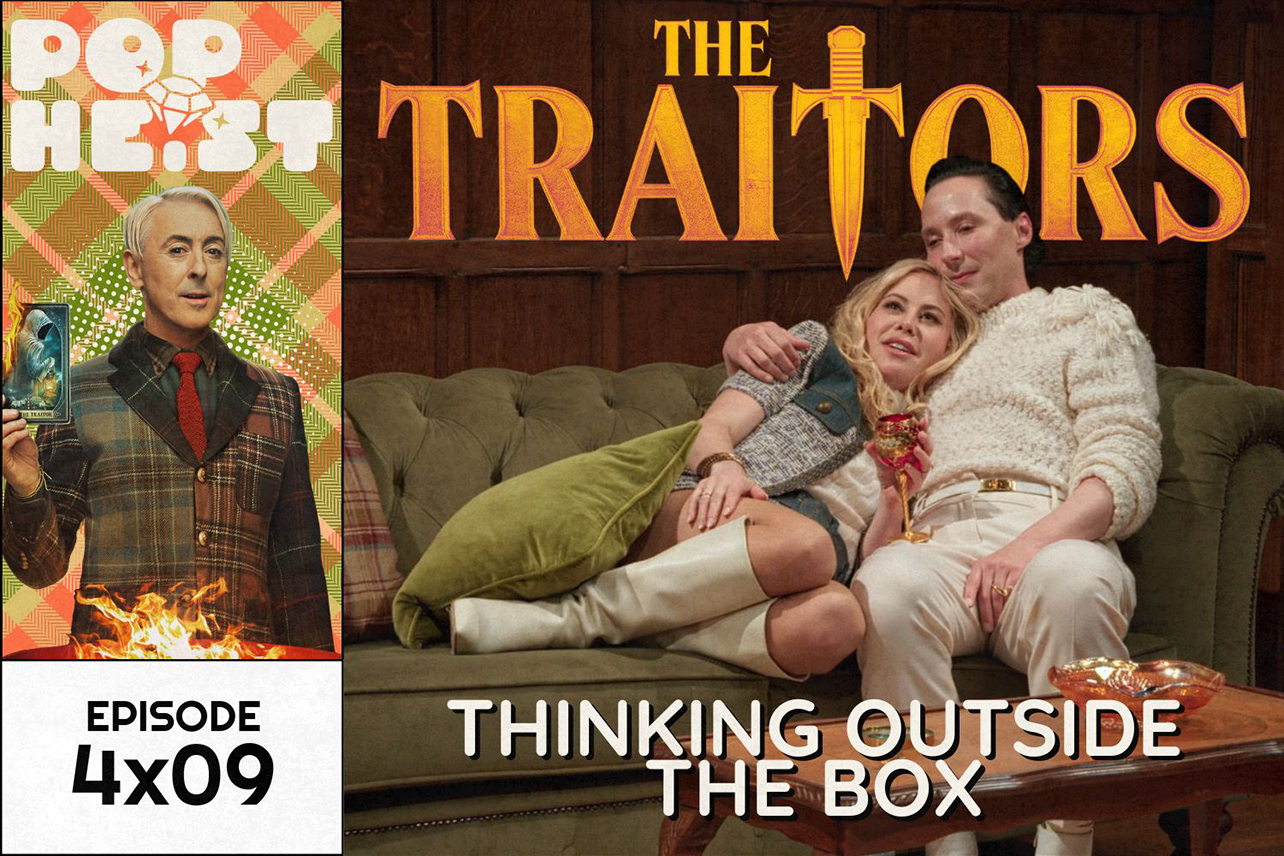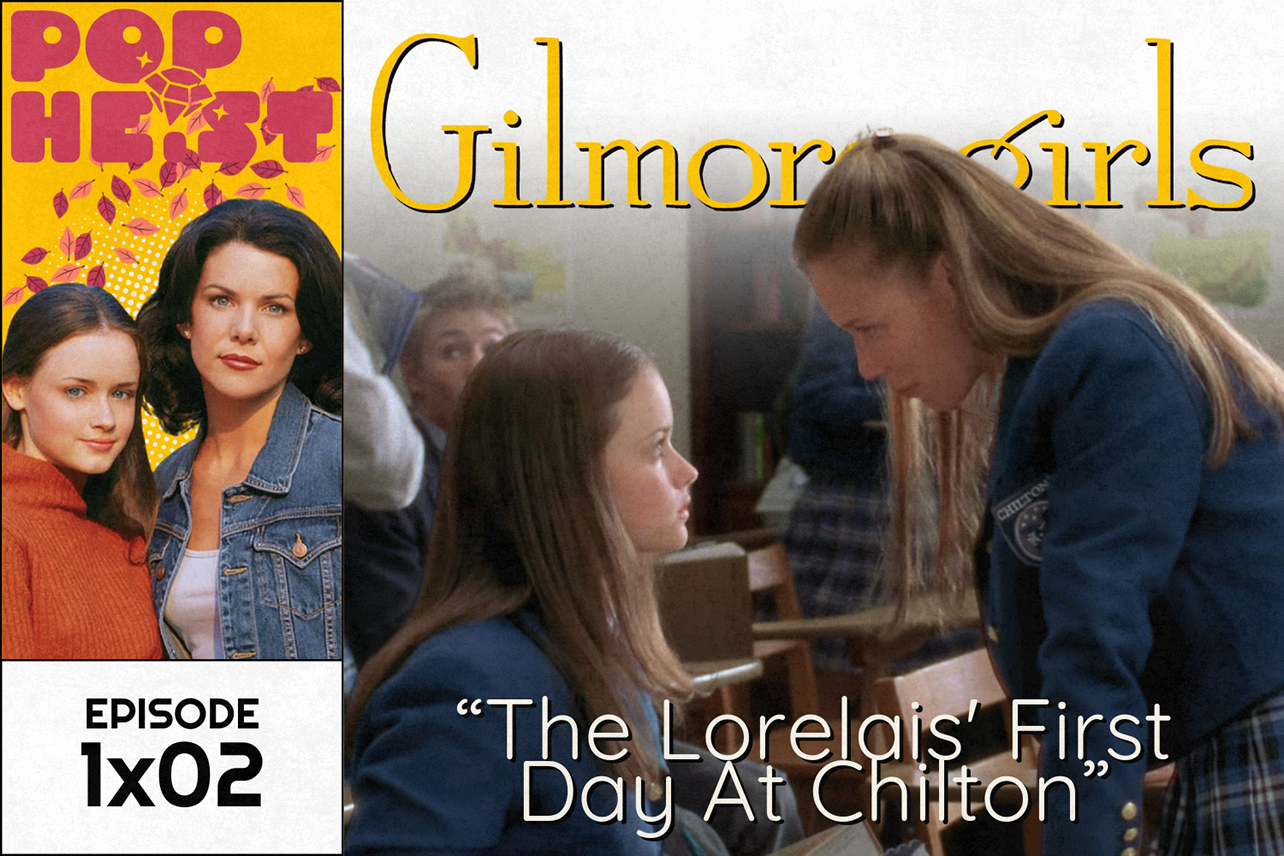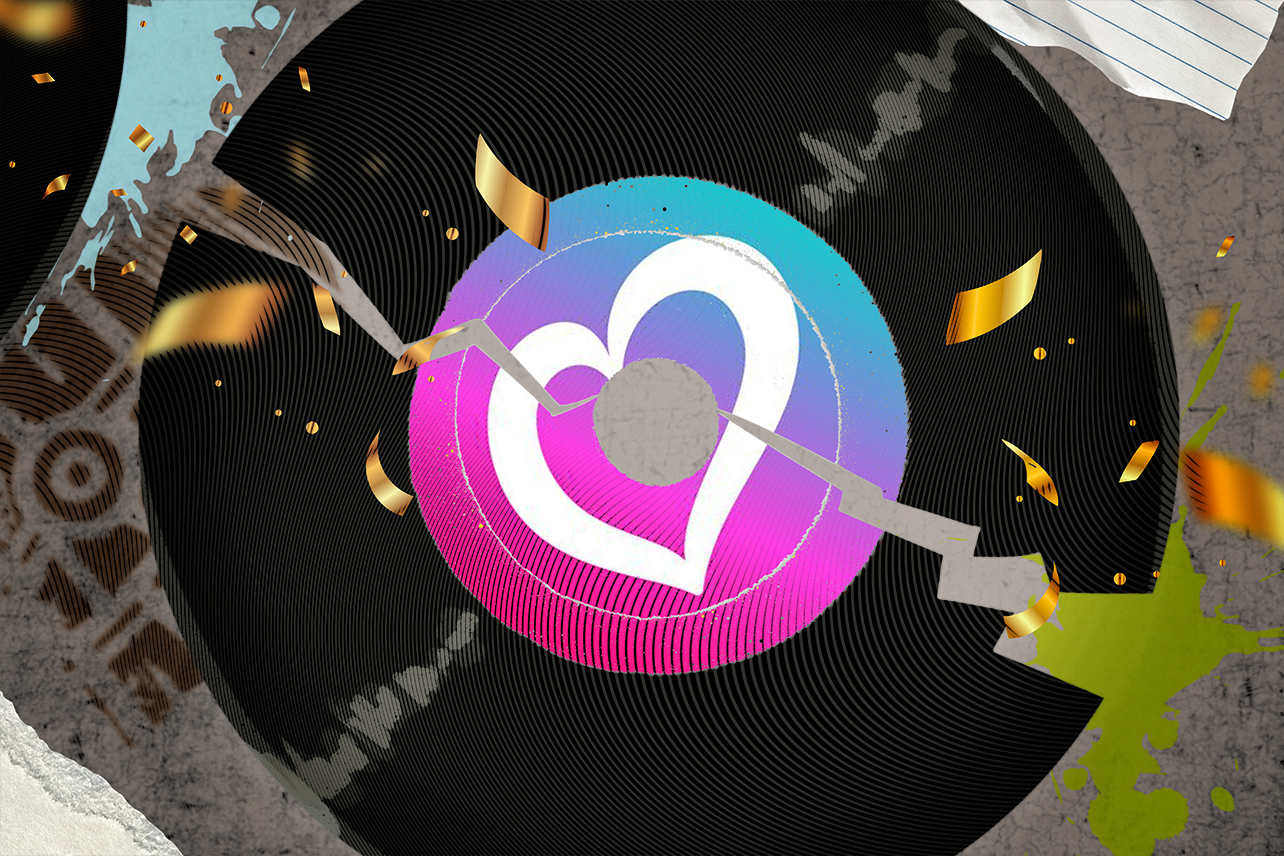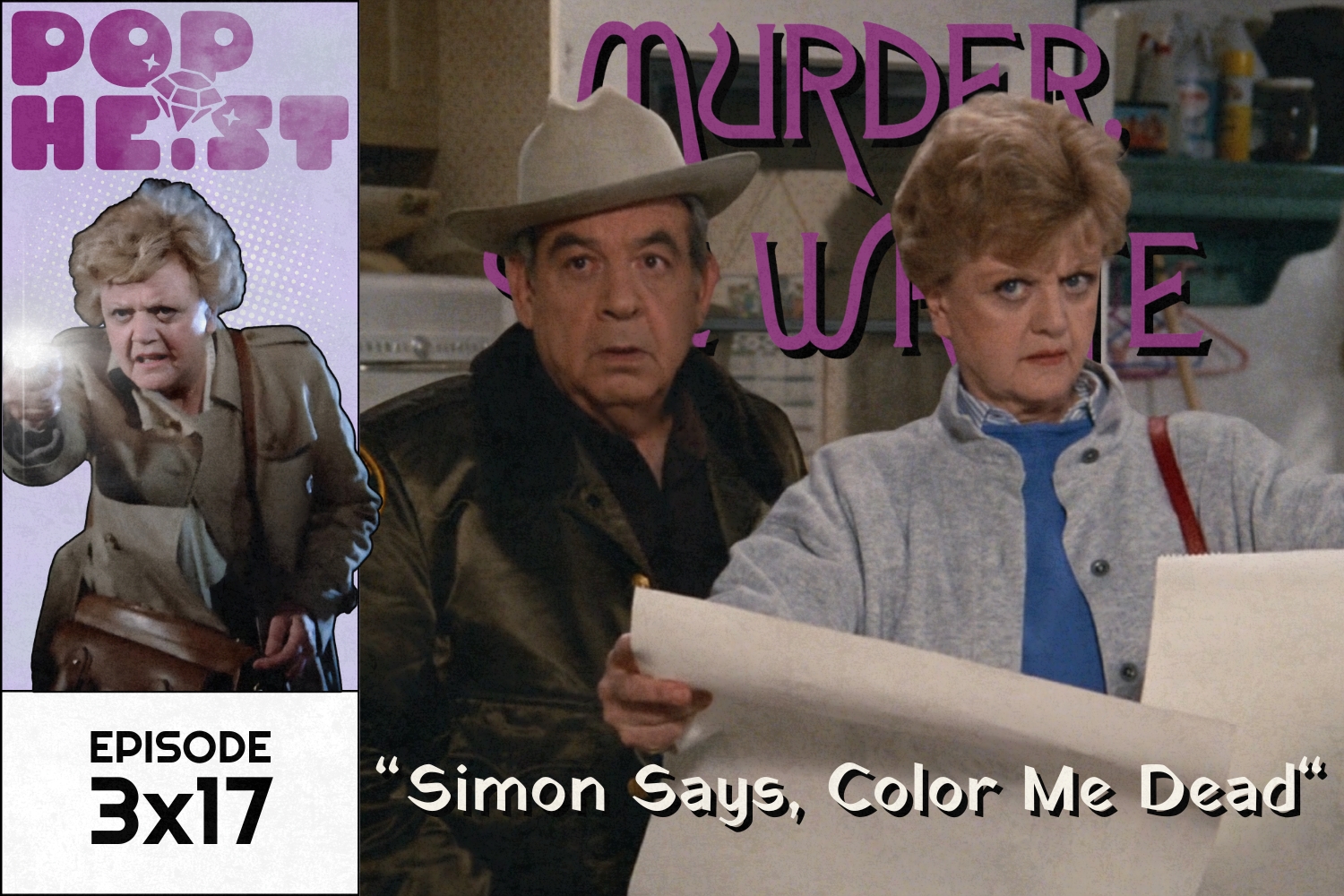Dark Season 1, Episode 5
"Truths"
Original airdate: December 1, 2017
Writer: Martin Behnke, Jantje Friese
Director: Baran Bo Odar
Cast: Louis Hofmann, Maja Schöne, Oliver Masucci, Stephan Kampwirth, Angela Winkler, Jördis Triebel, Daan Lennard Liebrenz, Lisa Vicari, Moritz Jahn, Paul Lux, Karoline Eichhorn, Gina Alice Stiebitz, Deborah Kaufmann, Tatja Seibt, Hermann Beyer, Peter Benedict
Five episodes into Dark, Winden is beginning to collapse under the weight of its secrets. The disappearances, echoing across both past and present, have fractured the town, exposing the quiet betrayals inside every family. Suspicion spreads like an infection, and the more each character scrambles for answers, the more the town feels trapped in an endless cycle of mistrust.
The episode's title, "Truths," suggests clarity, but in Dark, truth rarely comes clean. Each revelation doubles as a distortion, forcing characters to question what's real and who they can trust. It's fitting that the episode opens with a montage cutting between 1986 and 2019, a reminder that Winden is suspended in repetition. Different timelines, same fractures.
Episode 5 formally introduces the figure who will come to dominate the series: Noah. Last week, we only heard his name, said by Elisabeth when she presented her mother with a pocket watch from a mysterious man. Now, Charlotte presses Elisabeth for details. A hat. Blue eyes. Tall, like her father. The description unsettles Charlotte. Most wives would dismiss the possibility that their husband might be responsible for abducting children; Charlotte entertains it. She confronts Peter directly, demanding to know where he was the night Mikkel disappeared. He insists he was at the office until she called around 11 p.m., but when asked point-blank if he's involved, he doesn't answer. He doesn't deny it, either, only stating that she's nuts.
Meanwhile, the figure himself comes into sharper focus. Noah appears in 1986, visiting Mikkel in the hospital. He's soft-spoken, calm, almost disarmingly gentle. He engages Mikkel in a philosophical conversation about God, the Big Bang, and whether something can truly come from nothing. Mikkel parrots his father's skepticism that religion is brainwashing but Noah pushes back: maybe the Big Bang itself is God's creation, part of a plan. "God has a plan for every human being," he says. Noah might be more than a monster in the shadows. He appears to be a man who manipulates belief. A prophet figure. A false shepherd.
In the present, Bartosz answers a call from a phone he can't unlock. "My name is Noah," the voice says. The two meet in the back of his car but strangely, this is the same man we saw in 1986 now in the present day. Noah embodies Dark's most terrifying theme: the comfort of fatalism. If everything is part of a plan, then nothing can be resisted. And yet the more his presence grows, the more obvious it becomes that Winden is drowning under his version of "truth.
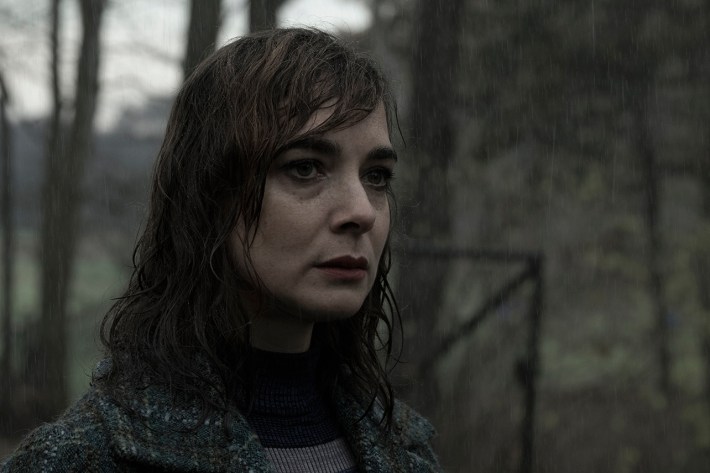
If Noah represents the cold seduction of fate, Hannah Kahnwald is chaos in human form. No character in Dark is as messily, almost gleefully destructive as Hannah, and "Truths" puts her at center stage.
We've seen her obsession with Ulrich before, but this episode pushes it further. After calling him fifteen times, she shows up at the Nielsen home with some food in hand. Katharina politely invites her inside, though suspicion lingers in every glance. Ulrich descends the stairs, stunned to find his mistress sitting comfortably in his living room. Hannah asks for a ride home; Katharina insists Ulrich oblige. Katharina hugs Hannah as if thanking her for the food, but really uses the moment to catch her scent. She knows.
On the drive, Ulrich tries to end the affair. Hannah refuses. "Don't think I'm just going to let you go," she warns, and it doesn't sound like a threat she's making for the first time. Flashbacks reveal this pattern is decades old: young Hannah mooning after Ulrich in high school, fuming as he flirts with Katharina. Hannah has never been able to let him go.
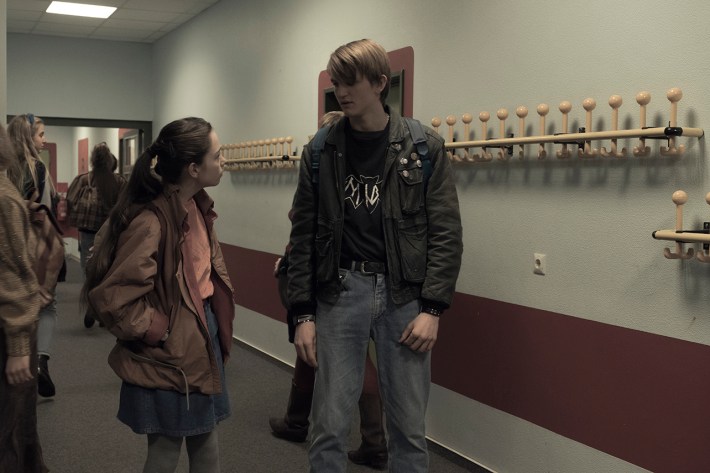
Later, young Hannah escalates her obsession to something darker. She tells her father she's seen "something she shouldn't have". She tells him that Ulrich raped Katharina. Egon, ever eager to believe the worst of Ulrich, arrests him. Even if Hannah doesn't fully understand the consequences of her lie, the result is catastrophic.
If Noah bends Winden through ideology, Hannah does it through desire. She doesn't need a time machine to alter lives. Her mess is enough.
While Winden tears itself apart, Jonas drifts closer to his destiny. His conversations with the Stranger grow more pointed. On a bench outside the church, the Stranger tells Jonas he looks like his father. He recalls how Michael once saved his life, though he only understood the act later. "Life is a labyrinth," he tells Jonas. "Some people wander their whole lives looking for a way out, only to discover it leads them deeper." It's advice wrapped in metaphor, but it's also a warning. Jonas is the one in the maze, he just doesn't know it yet.
The Stranger's hotel room is its own maze of knowledge: black hole diagrams, newspaper clippings, hand-drawn maps. He tears a page off the desk calendar before packing away his machine. Later, he checks out, leaving Regina with a package to deliver to Jonas. The Stranger is always moving pieces on the board, setting Jonas up for the revelation to come.
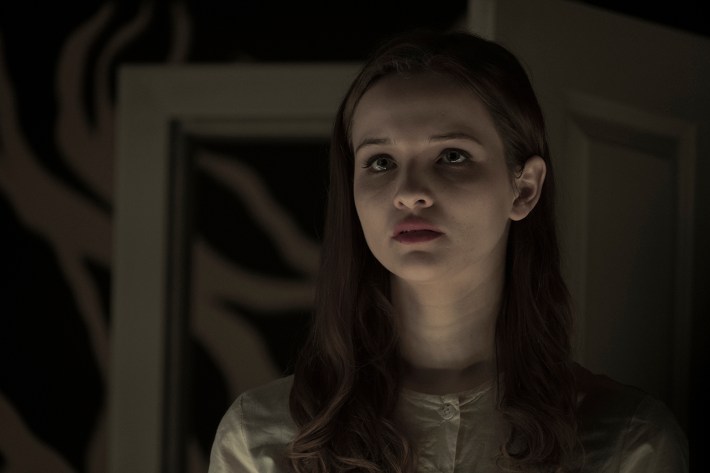
That revelation takes place against the backdrop of Marta's performance of Ariadne. Her monologue about the labyrinth, threads, and severed bonds overlays a montage: Ulrich and Katharina hooking up in a locker room while Hannah watches; the Stranger descending into the caves; Jonas watching Marta from the audience, ignoring Bartosz's call. The mythology isn't subtle, but it doesn't need to be. Dark thrives on metaphor, and here the metaphor is literal. Everyone in Winden is trapped in a labyrinth. The threads that should guide them out have been severed.
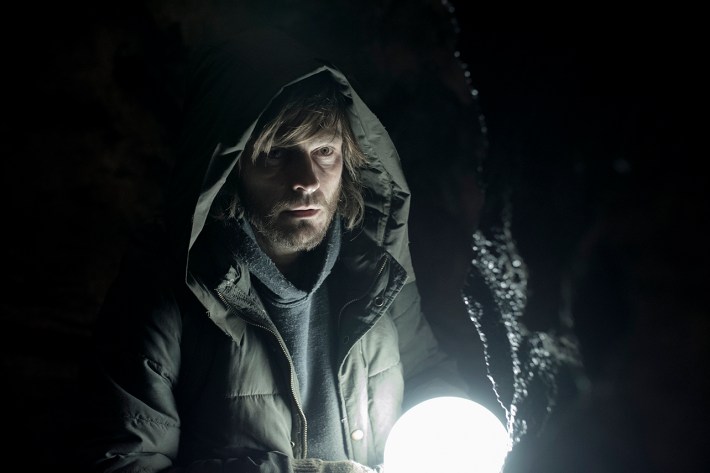
Jonas confesses to Marta backstage that he wasn't in France but in therapy, grappling with his father's suicide. Marta kisses him, their connection reignited.
"Truths" is an episode that furthers Dark's obsession with cycle. Ulrich confesses to Charlotte that he became a police officer to avoid the incompetence he saw when his brother went missing. Instead, he admits, he's no better. Charlotte points to the 33-year cycle, when the lunar and solar calendars realign, and everything returns to the same position.
The repetition isn't just cosmic; it's personal. Katharina recalls her youthful intimacy with Ulrich, promising they'd never have kids. Ines reveals she once had a son who died. Characters repeat patterns of grief, betrayal, and denial across timelines. The past doesn't just inform the present, it recurs.
The episode culminates in one of Dark's most pivotal reveals. Jonas receives the package the Stranger left behind: a strange glowing orb and a letter from his father. The words are devastating:
"By the time you read this everything will have happened, irrevocably. It can no longer be changed… On November 4, 2019, I traveled through time to the year 1986. The boy from the future stayed and in time he became a man. Mikkel became Michael who never knew where he belonged. By the time you read this, I'll already be gone. Both as a boy and as a man. I hope you can forgive me. Everything is connected."
It's another major twist of Dark, the one that continues to transform the series from a mystery about missing children into a time-travel epic with unbearable emotional weight. Jonas's father is Mikkel. His grief for his father collapses into paradox. His own life is born of a cycle he cannot escape.
The episode closes with the Stranger entering H.G. Tannhaus's workshop. "I'd like to talk to you about time," he says, a line that shifts the series into a higher register.
"Truths" is a turning point for Dark. It introduces Noah as more than a shadow, clarifies the show's governing principle of 33-year cycles, and delivers the revelation that redefines Jonas's entire existence. But it's also an episode about the destructive power of lies and the fragility of trust. Charlotte can't trust Peter. Katharina can't trust Ulrich. Jonas can't trust reality. And Hannah… Well, Hannah will burn down anyone and anything to satisfy her obsession.
Next: "Sic Mundus Creatus Est"
This recap was originally accessible to paid subscribers only, and future recaps in this series are available now for paid subscribers. If you haven't already, consider supporting worker-owned media by subscribing to Pop Heist. We are ad-free and operating outside the algorithm, so all dollars go directly to paying the staff members and writers who make articles like this one possible.
